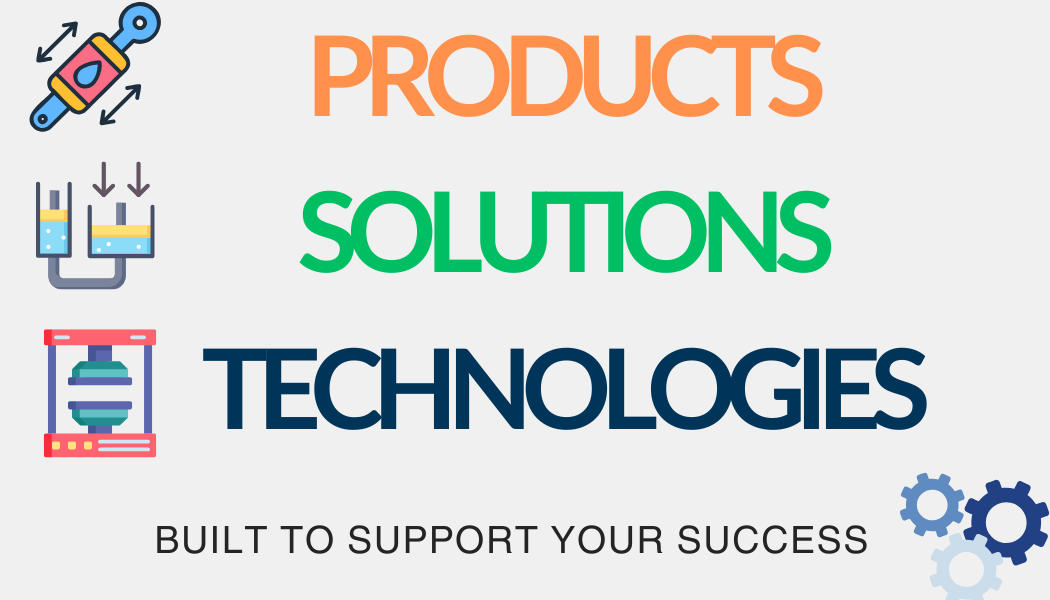Advantages and Disadvantages of Hydraulic Press Machines
Like any industrial equipment, the hydraulic press machine offers a balance of benefits and trade-offs depending on its application, design, and environment. Understanding both the strengths and limitations helps businesses make informed decisions when integrating hydraulic presses into their operations.
Advantages of Hydraulic Press Machines
✅ 1. High Force Output with Compact Design
Hydraulic press machines can generate immense pressure using relatively compact components. Thanks to Pascal’s Law, even a small input force results in substantial output, making these machines ideal for heavy-duty tasks in confined spaces.
✅ 2. Smooth and Controlled Operation
Unlike mechanical presses that often operate with abrupt force, hydraulic press machines provide gradual and uniform pressure, reducing shock on tooling and materials. This controlled motion is particularly beneficial in precision tasks like deep drawing or composite molding.
✅ 3. Versatility Across Applications
Hydraulic press machines are highly adaptable and can:
-
Punch, bend, and cut metals
-
Form plastics and composites
-
Assemble components with press-fit accuracy
-
Mold ceramics, rubber, or pharmaceutical tablets
✅ 4. Adjustable Tonnage and Stroke
Operators can adjust the pressure, stroke length, and ram speed based on the workpiece requirements. This flexibility allows a single hydraulic press machine to handle multiple operations with different tools and dies.
✅ 5. Lower Initial Cost (Compared to Mechanical Presses)
For many medium-force applications, hydraulic press machines offer a more cost-effective solution than their mechanical counterparts due to simpler construction and fewer moving parts.
✅ 6. Safety Integration and Automation
Hydraulic presses easily integrate with automated systems, safety light curtains, and programmable logic controls, supporting smart factory initiatives and operator safety.
Disadvantages of Hydraulic Press Machines
❌ 1. Slower Operation Speed
Hydraulic press machines operate more slowly than mechanical presses, especially in high-cycle applications like stamping or mass production lines where speed is critical.
❌ 2. Dependence on Hydraulic Fluid
The system’s efficiency relies heavily on clean and stable hydraulic fluid. Contaminated or degraded fluid can reduce performance, cause component wear, and lead to breakdowns.
❌ 3. Higher Maintenance Requirements
Regular maintenance of seals, hoses, filters, and hydraulic oil is necessary to avoid leaks and preserve pressure accuracy. Mechanical systems, by contrast, may require less frequent upkeep.
❌ 4. Noise and Heat in Larger Systems
While quieter than some mechanical presses, larger hydraulic press machines can still generate noise and heat, particularly if the pump runs continuously without load.
❌ 5. Risk of Leaks and Fluid Contamination
If not properly sealed, hydraulic systems can develop leaks, which pose environmental and safety hazards. Contaminated oil can also reduce the machine’s performance and lifespan.
When to Choose a Hydraulic Press Machine
-
When versatility, precise control, and force adjustability are important
-
For applications that don’t require extremely high production speed
-
In situations where a wide range of materials or operations are performed on a single press
The hydraulic press machine offers exceptional power, flexibility, and accuracy—ideal for operations prioritizing quality over speed. By understanding its pros and cons, users can maximize the benefits while minimizing limitations through proper planning and maintenance.

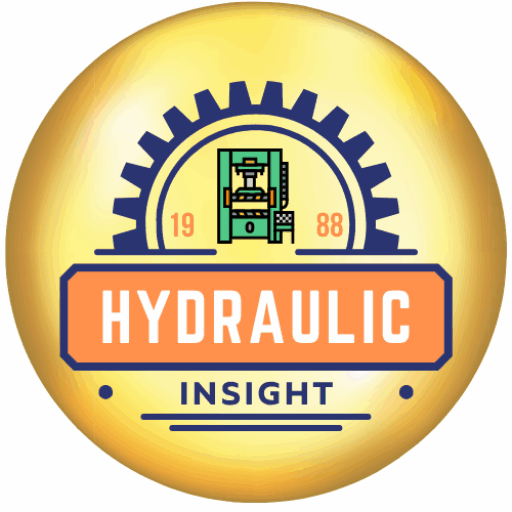
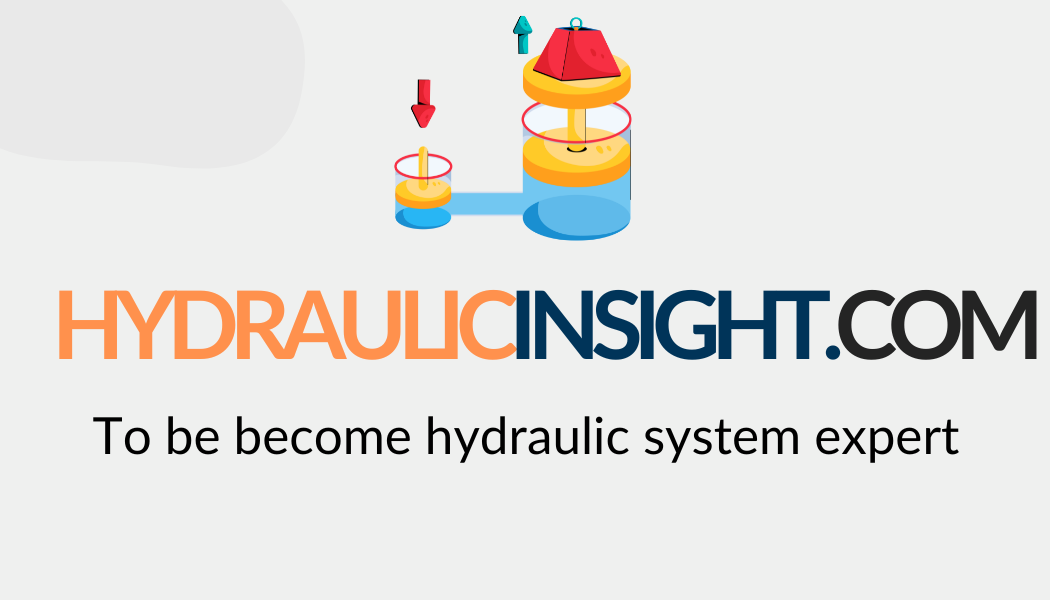
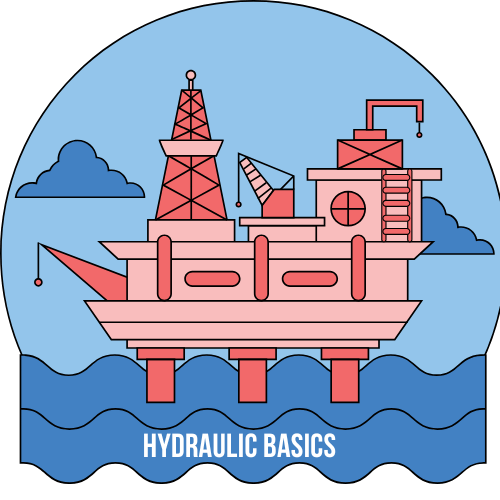 HYDRAULIC BASICS
HYDRAULIC BASICS  HYDRAULIC COMPONENTS
HYDRAULIC COMPONENTS  HYDRAULIC SYSTEM
HYDRAULIC SYSTEM  HYDRAULIC SYMBOLS
HYDRAULIC SYMBOLS 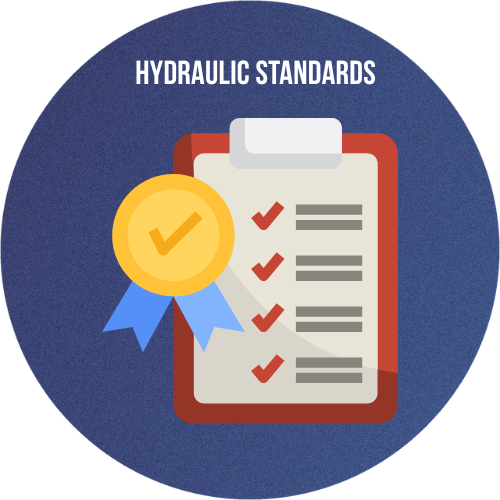 HYDRAULIC STANDARDS
HYDRAULIC STANDARDS  HYDRAULIC CALCULATORS
HYDRAULIC CALCULATORS 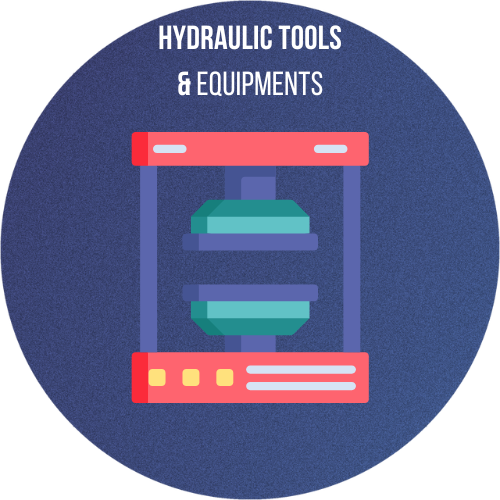 HYDRAULIC TOOLS
HYDRAULIC TOOLS  BUYER’S GUIDES
BUYER’S GUIDES 